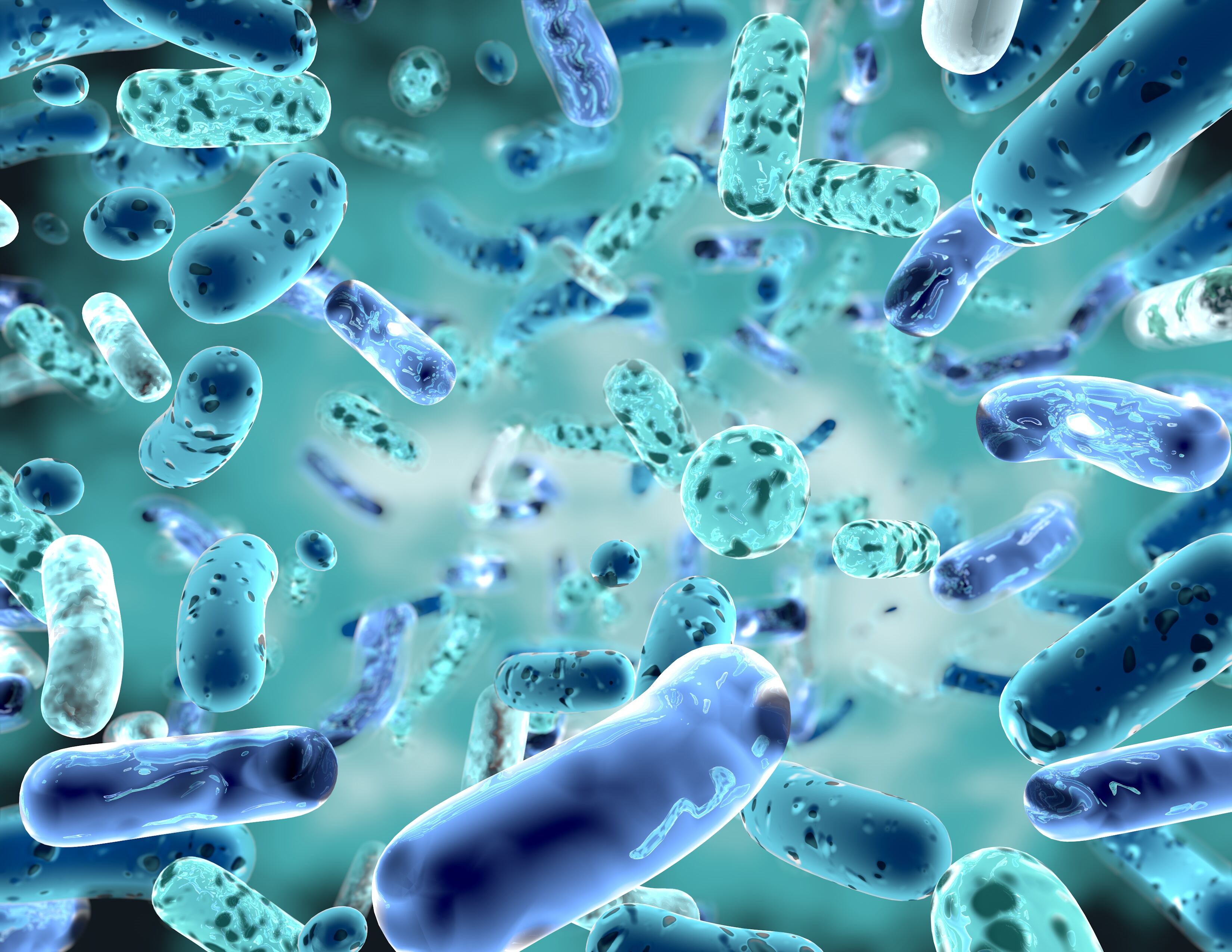The new prospective cohort study, published in Annals of Internal Medicine, found that treatment with FMT increased survival by nearly 30%, cut length of hospital stay in half, and reduced the risk of sepsis by nearly four times.
The researchers from the Fondazione Policlinico Gemelli IRCCS, in Rome, wrote: "In theory, the restoration of healthy microbiota through FMT might also prevent [C. difficile]-associated [bloodstream infections] via several mechanisms, including curing the infection, avoiding the need for vancomycin, and decreasing the expression of antibiotic resistance genes in the gut resistome of the patient.
"This could decrease the incidence of [bloodstream infections] related to multidrug-resistant bacteria."
Study
Of the 290 patients, 109 were treated with FMT and 181 received antibiotics including metronidazole, vancomycin, and fidaxomicin.
While the FMT group had a higher mean number of previous C. difficile infections than the antibiotics group (2.82 vs. 1.23, respectively), a sustained cure was achieved in 97% of the FMT group, compared with 38% in the antibiotics group.
Bloodstream infections were diagnosed in 5% (5 patients) of those treated with FMT, and 22% (40 patients) in the antibiotics group.
The patients in the FMT group with bloodstream infections all had bacterial infections – one of which was polymicrobial – and there were no cases of fungal bloodstream infections. In the antibiotics group, 28 patients (15%) had bacterial bloodstream infections – 11 of which were polymicrobial – and 12 (7%) had fungal bloodstream infections.
Overall, 27% of patients died during the 90-day follow-up, with 7% dying because of bloodstream infections, all of whom were in the antibiotic-treated cohort. Three patients in the FMT group died because of overwhelming C. difficile infection, compared with 12 in the antibiotic cohort.
Nearly three-quarters of deaths occurred within 30 days of the end of treatment; 5 of these deaths were in the FMT group, and 53 were in the antibiotics group.
The 90-day overall survival rate was 92% in the FMT group and 61% in the antibiotic group. Patients treated with FMT also showed significantly shorter mean duration of hospital stay at 13.3 days, compared with 29.7 days in patients treated with antibiotics.
However, they noted that 'neither preclinical nor clinical data support this hypothesis'.
They also noted the results should be interpreted with caution because of baseline differences between the two groups that were not entirely accounted for by using propensity matching. However, even in the propensity-matched cohort of 57 patients from each group, there was still a significantly higher overall survival at 90 days among patients treated with FMT.
Probiota 2020
The rapidly evolving universe of probiotics, prebiotics and the microbiome will be discussed in-depth at the upcoming Probiota 2020 in Dublin on February 10-12.
From microbiome advances, to start-up game changers, market stats, crucial clinical science and regulatory knowledge, this is a congressional must-have.
Will you be joining your peers in one of Europe’s greatest cities?
Background
New potential health benefits of FMTs are being discovered all the time. The technique was recently suggested as an effective treatment for IBS and researchers have even questioned if it could be the answer to healthy ageing.
This technique was recently noted as a potential way to reduce symptoms of autism.
But research is still in its very early stages and Dr Justin O'Sullivan from the University of Auckland has said in a previous review that donor selection based solely on clinical screening guidelines provides no guarantee of FMT success.
“Some faecal transplant failures may be attributable to the gut's immune response to transplanted microbes, possibly stemming from an underlying genetic difference between the donor and the recipient," O’Sullivan explained.
"Supporting the transplanted microbiome through diet could also improve success. It has been shown that a rapid change in diet, such as a switch from an animal-based to an exclusively plant-based diet, can alter the composition of the gut microbiota within 24 hours."
Source: Annals of Internal Medicine
Gianluca Ianiro et al.
Incidence of Bloodstream Infections, Length of Hospital Stay, and Survival in Patients With Recurrent Clostridioides difficile Infection Treated With Fecal Microbiota Transplantation or Antibiotics


